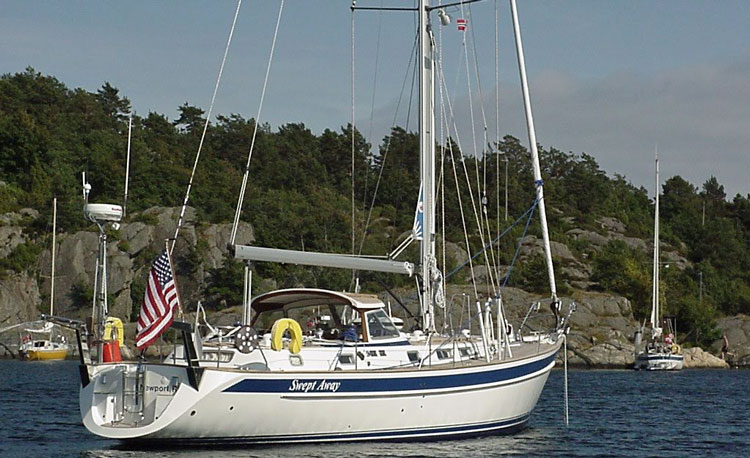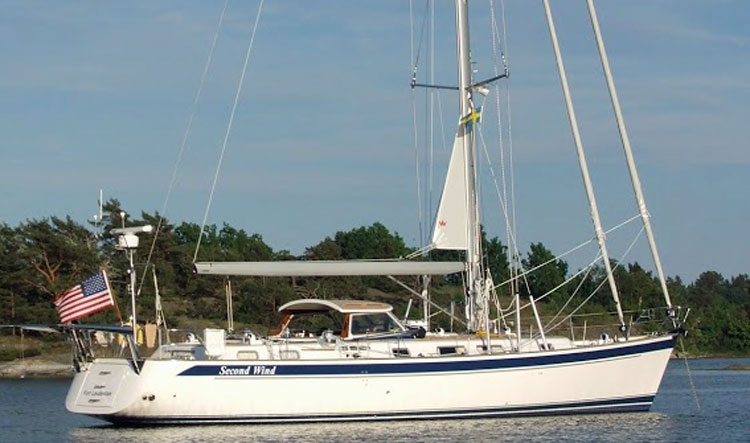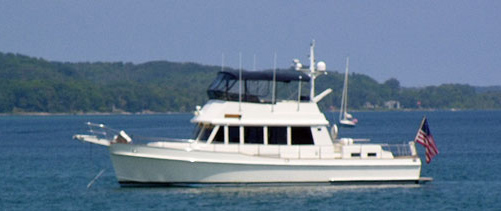 |
 |
 |
Turkey spans both Europe and Asia, and its rich history includes:
the earliest known city in the world, dating from 7500 BC
the Hittite Empire
the city of Troy
Constantinople (now Istanbul), the center of Byzantine Christianity, and
the Ottoman Empire.
|
It's impossible to spend time in Turkey without learning about Atatürk, the father of modern Turkey. Born Mustafa Kemal in the late nineteenth century, he was a leader in the Turkish War of Independence (1920-22) after the fall of the Ottoman Empire. In the course of establishing Turkey's present-day democracy, he abolished the Muslim sultanate and created a secular government. He westernized the government, the alphabet, and even abolished the fez in favor of Western headgear. He closed the religious schools and religious courts, and emancipated women. Atatürk is revered by the people, with a statue in every town square, his portrait in virtually every commercial establishment, and his image on all the paper currency. |
|
|
|
|
|
|
Turkey is one of only seven countries in the world that produce a surplus of food. The weekly markets in all but the smallest places we've visited so far have had an extensive variety of produce that is beautiful to see and inexpensive to buy. Everything in the market is seasonal. Turkish cooking is considered by many to be among the world's finest cuisines, along with French and Chinese. It relies, of course, on the fresh local ingredients at their peak of ripeness. Spice vendors surround themselves with burlap sacks of colorful and aromatic dried herbs and spices, including saffron, fennel, ginger, and several types of curry, a treat to see and smell. |
|
|
|
|
The sailboat at right is a gulet, a Turkish-built wooden vessel. Gulet charters are so common that they are at every town dock and almost every harbor along the coast. Gulet trips often call their trips the "blue voyage." It's an inexpensive vacation for the passengers, who have many of the advantages and comforts of a cruise on a large ship, yet they can tuck into turquoise coves for afternoon swims, or tie up at small village resorts each evening. The gulets we've seen near our boat in harbor have been well-cared-for, with gleaming stainless steel fittings and shiny varnished wood. |
|
|
|
|
|
|
Much of the Turkey we've seen so far, especially in the tourist areas along the coast, is as modern as anywhere in the US. In the smaller coastal towns, the local peasants wear more traditional clothing and lead simpler lives than the hoteliers, tourist shopkeepers, and restaurant owners of the resort towns. In a coastal town, we watched the man in the photo at left pounding on carob that he'd grown nearby. It looks like a long, dry string bean as it hangs from the tree. |